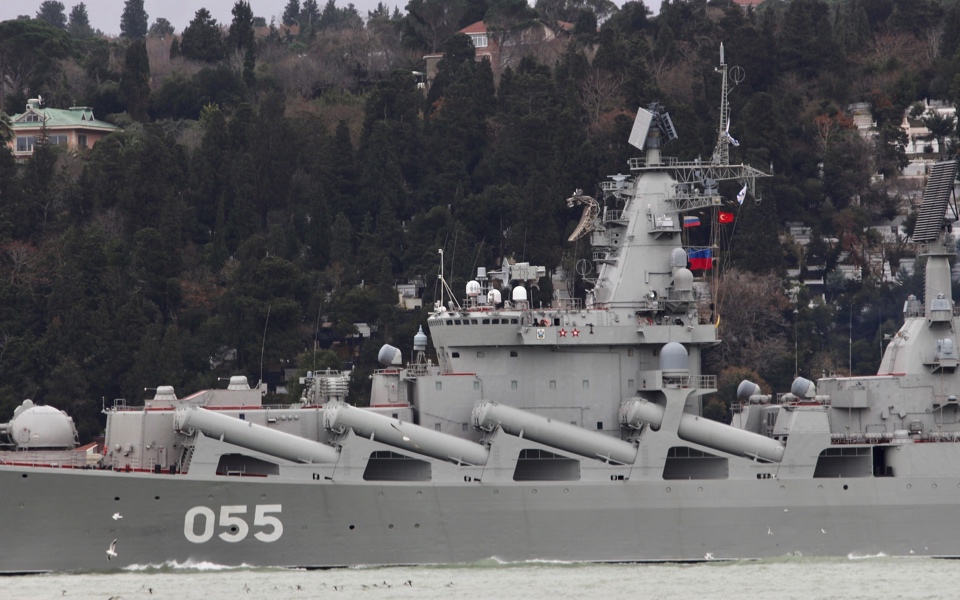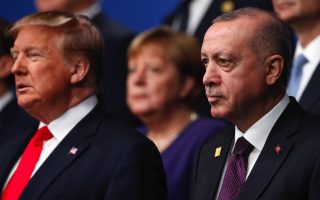Turkish moves on the Bosporus chessboard

President Recep Tayyip Erdogan had suggested it in the past but he made it clear in an interview with CNN-Turk TV: Turkey wants to change the status quo in the Bosporus, putting an end to the free passage of vessels using the strait as set out in the 1936 Montreux Convention. And it intends to do so by digging a new canal which will link the Black Sea and the Sea of Marmara, bypassing the Bosphorus strait.
According to Erdogan, the planned 43-kilometer 10-billion-dollar “Kanal Istanbul” will be ready by 2025. After that, the Bosporus strait will be used by dry-cargo vessels only. Other ships, including tankers and military vessels, will use Kanal Istanbul, which will not be bound by the accord. It’s no doubt an ambitious project that would change the landscape in freight transport and affect the balance of maritime military power in the Mediterranean.
Thus, apart from being able to turn off the tap on energy supplies (oil and gas pipelines), Turkey will be able to control traffic between the Dardanelles and the Black Sea and control the movement of Western and Russian ships in the area. Erdogan wants to make money from Bosporus navigation and upgrade Turkey’s role on the geopolitical chessboard. “They use the strait and we make nothing of it. With Kanal Istanbul there would be rights as is the case with Suez,” the Turkish strongman said.
Judging from other major projects (the new airport, the Marmaray underwater rail link connecting Asia and Europe, the Presidential Complex), Erdogan will not hesitate to move on with yet another neo-Ottoman aspiration, in spite of fierce resistance from Istanbul’s new mayor, Ekrem Imamoglu, of the main opposition party.
While Turkey seeks to control the Bosporus, Greek plans to open up a “land-based Hellespont” – i.e. to bypass the strait by building a railway link between the port of Alexandroupoli and Burgas in the Black Sea – does not seem to be taking off. Despite the memorandums signed by the prime ministers of Greece and Bulgaria in the town of Kavala in September 2017, there has been no progress since then, although a tender to privatize and upgrade the port of Alexandroupoli is in the works.





